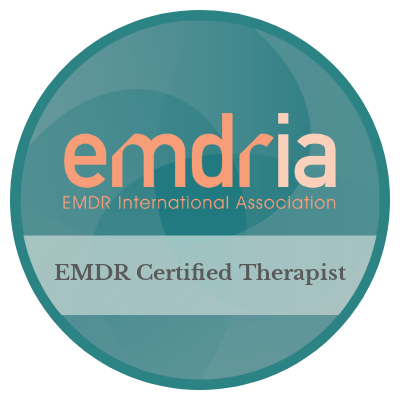Why Can’t I Have an Orgasm?
Feb 22
Orgasmic disorders can occur in men and women, impacting their ability to enjoy sex and disrupting relationship connections. Female orgasmic disorder, also called anorgasmia, can trigger feelings of frustration, depression, or shame as women try to find the source of their sexual dysfunction. Although addressing the situation is uncomfortable for many women, sexuality education for orgasmic disorders can help women process their feelings and learn how to enjoy sex again.
Why Do Women Struggle With Orgasmic Disorder?
Research shows that approximately 5% to 10% of women struggle with lifelong anorgasmia, which can be caused by relationship issues, mental health, or medical concerns. Anorgasmia can occur for many reasons, disrupting relationship connections and reducing sexual pleasure for both partners. Female orgasmic disorder prevents women from reaching climax often, or they may never reach it at all.
Women who suffer from this type of sexual dysfunction may not understand the root cause of their issues. Prescription medications and sex therapy are common orgasmic disorder and anorgasmia treatments that can help women recover and enjoy a better sex life.
Empty space, drag to resize
Symptoms of Female Orgasmic Disorder
Anorgasmia can leave women feeling ashamed or frustrated because they can't experience a satisfying sexual experience. They may also feel unhappy because they can't satisfy their
partner even after plenty of stimulation. Women who suffer from anorgasmia may experience
symptoms such as:
- Delayed orgasms
- Less-intense orgasms
- Infrequency of climax
- Absence of climax
Empty space, drag to resize
Causes of Anorgasmia
Many people believe anorgasmia only occurs in men. Orgasmic disorders can
happen in women for many reasons.
- Medical concerns like cancer, heart issues, or muscular diseases can prevent women from reaching climax.
- Childbirth, pregnancy, menopause, or other factors that disrupt hormonal balance can interfere with arousal and delay orgasm.
- Bruising, swelling, gynecological treatments, or other injuries can trigger vaginal or clitoral nerve damage and interfere with climax.
- Psychological concerns such as stress, fear, depression, or past trauma can contribute to sexual dysfunction, including the inability to orgasm.
MendEd Provices Sex Education & Resources for Women
If you or someone you know is suffering from anorgasmia, there is hope for recovery. MendEd offers expert sex education and counseling for orgasmic disorders and anorgasmia treatments that can help you overcome sexual dysfunction and enjoy healthy sex once again. We provide online sexual education courses offered by an AASECT-certified sex therapist that can help you discover the root cause of anorgasmia and work toward a more enjoyable sex life.

Mend Education, Inc. is a modern, dynamic, educational experience from Kimberly Keiser. She provides high quality videos and developmental framework for gaining confidence and connection within yourself and your relationships.
Never miss an update. Subscribe to our newsletter.
Download your free guide.
Enter your email below and we’ll send you a free guide.
Download your free guide.
Enter your email below and we’ll send you a free guide.
Download your free guide.
Enter your email below and we’ll send you a free guide.
Webinar Registration
Monday, April 29 from 1:00 pm - 2pm CST
Webinar Registration
Thursday, June 27 from 6:30 pm - 7:30 pm CST
Never miss an update. Subscribe to our newsletter.
Webinar Registration
Thursday, July 25 from 6:30 pm - 7:15 pm CST




